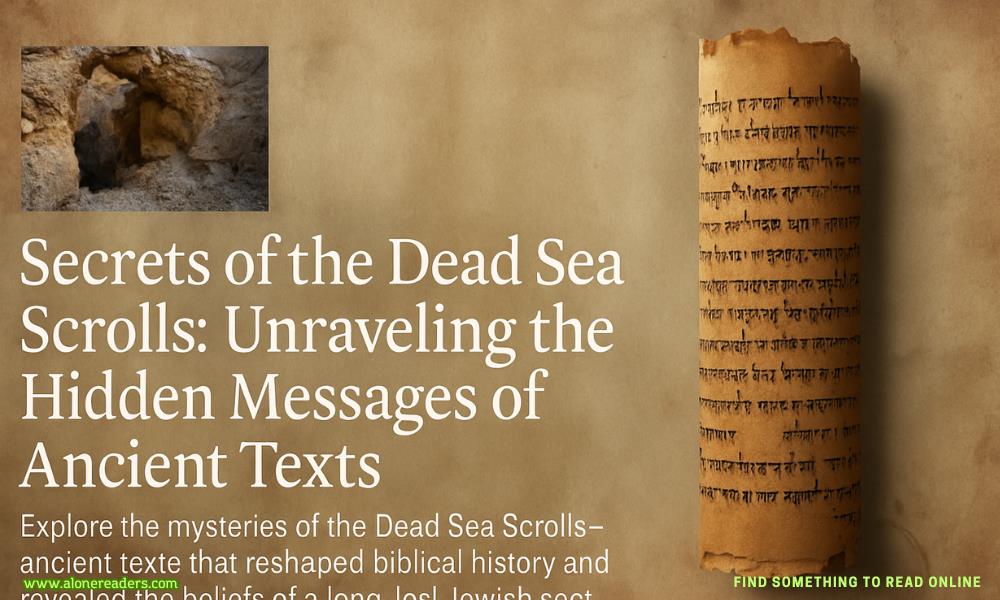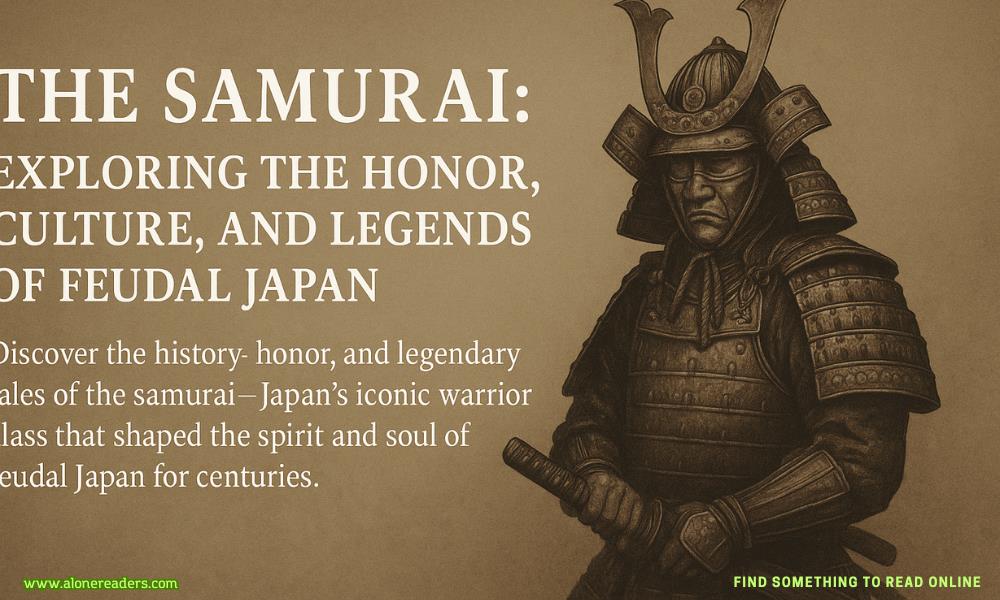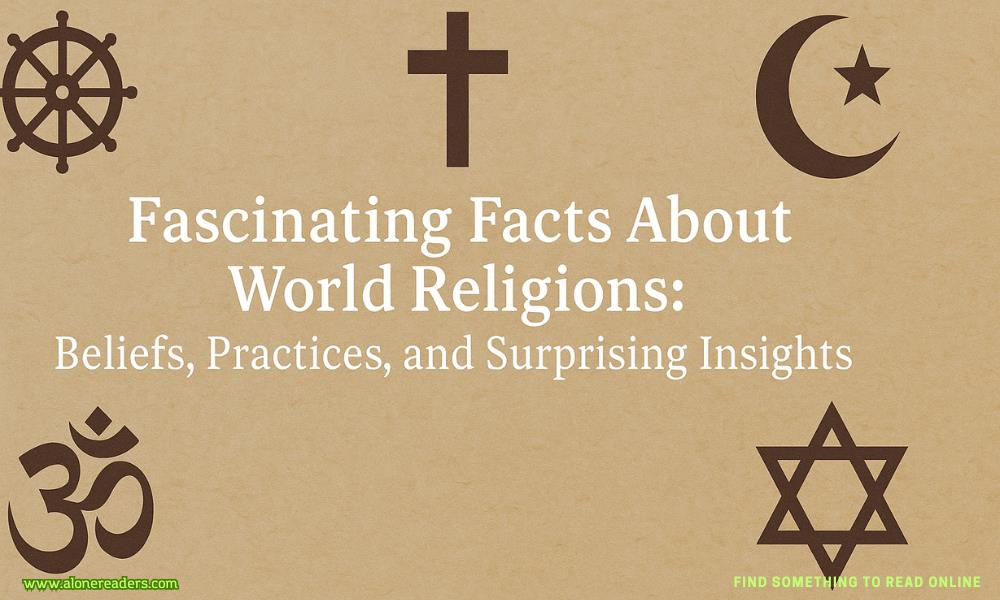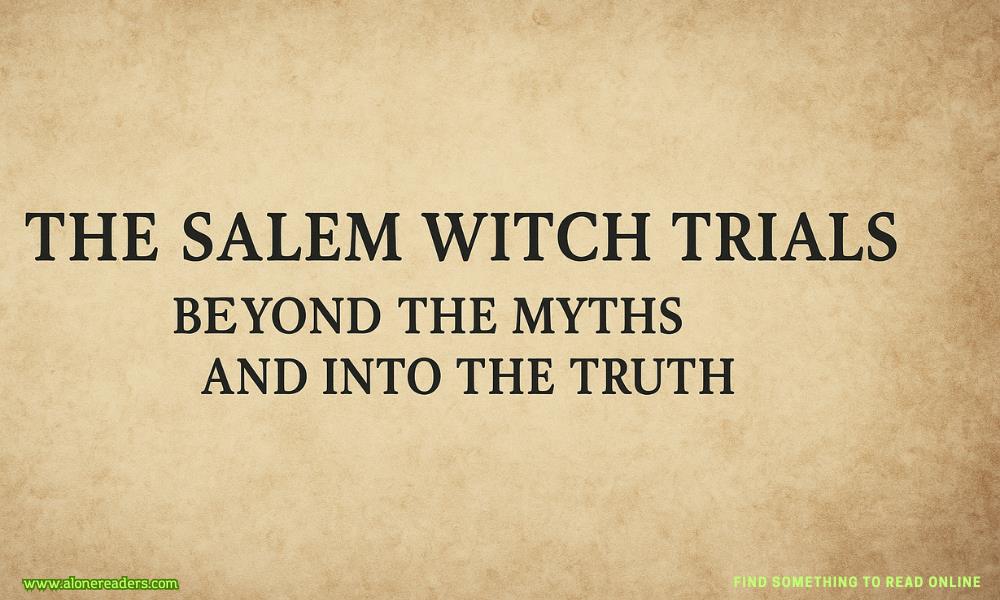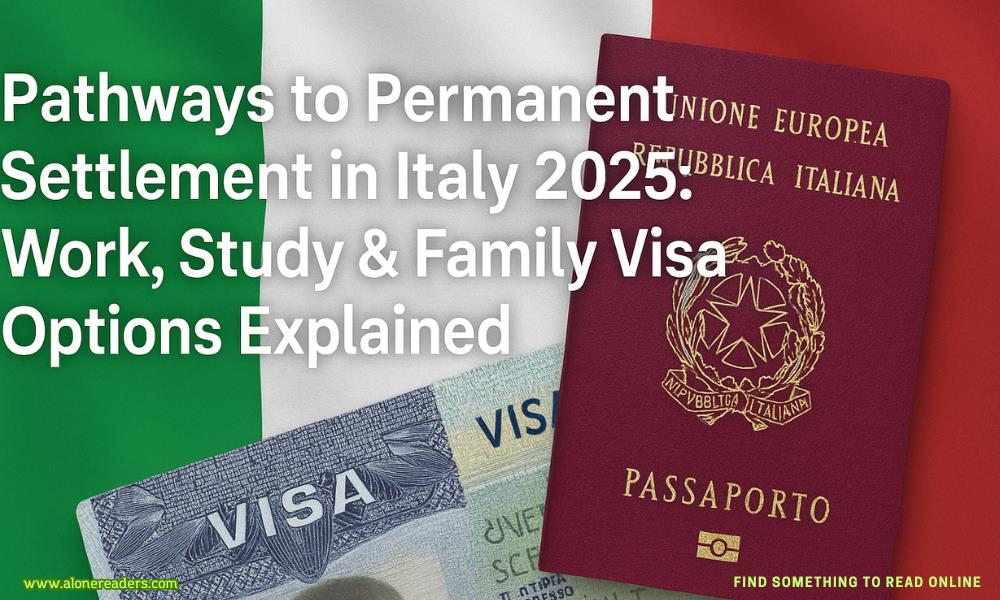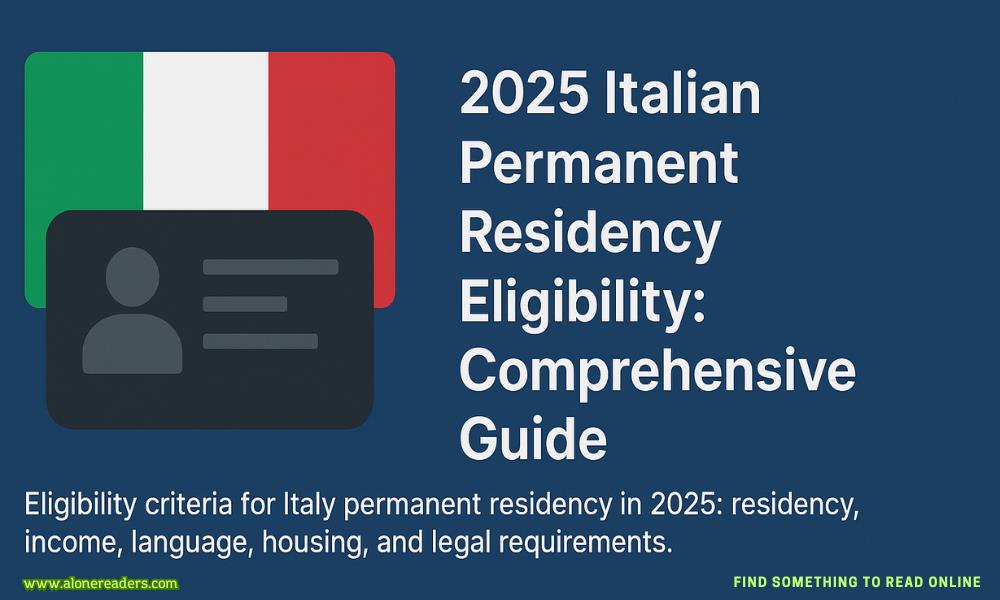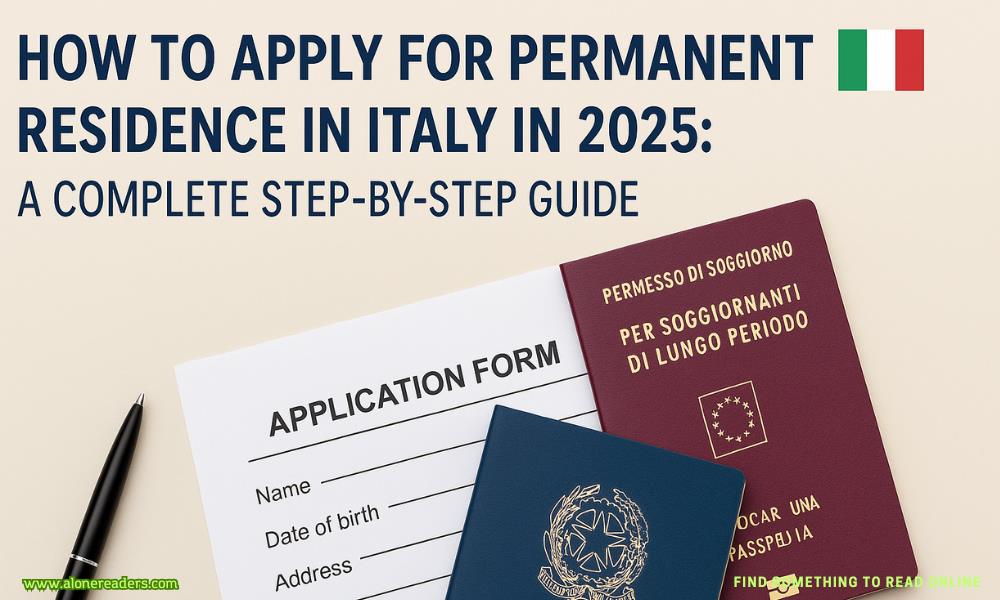Page 9 of Broken Country
“I’m missing the tweed already,” I call, and he spins around.
Instantly we are grinning at each other. Wide, foolish grins. Does this mean he feels the same? The past week has been almost unbearable, my head filled only with Gabriel, replaying every conversation I could remember, wondering if I’d imagined the feeling of connection.
“You look quite different in your own clothes.” By which I mean he is beautiful. Almost shockingly so.
We are standing a few inches apart and I have an irrepressible urge to kiss him. Just for a second. To see how it would feel, see what he would do. Instead, I turn away. I have the sense Gabriel can read every thought that flits through my mind.
“I wasn’t sure you’d come,” he says.
“There was no danger of that.”
I’m rewarded with his slow smile as he takes in what I’ve said.
Gabriel has made a pathway down to the lake with a dozen candles burning in jam jars. In front of the lake is alittle card table draped in white linen and laid with wineglasses, silver knives and forks, a jug of pale pink roses at its center. There are two folding wooden chairs with cushions on them and blankets draped across their backs in case it gets cold, which is unlikely because, a few yards away, a fire has been lit in a low cast-iron bowl. The moon has begun its slow rise, turning everything around us silver white: the willow trees, the surface of the lake, even the grass glimmers as if it’s made of crystal. It is the most romantic thing I’ve ever seen: a stage set made for two.
“This is wonderful. You’ve taken so much trouble.”
“Told you, way too much time on my hands. Unfortunately, my mother caught me at it, so now she’s all agog wanting information. Don’t worry, I made her promise she wouldn’t come down here.”
“I wouldn’t mind meeting your mother,” I say, and Gabriel laughs.
“I’ll remind you of that when you’ve actually met her.”
He pours us each a glass of wine. There is a cooked chicken and potato salad, tomatoes and lettuce from the greenhouse. A little jam jar with ready-mix vinaigrette. And there is Gabriel, untying the paisley scarf looped around his neck before he smiles at me and raises his glass.
“To trespassers,” he says, and we clink.
It’s strange, the patchwork stories we tell someone when we want them to catch up, a shortcut to knowing us, as if such a thing were possible.
I tell Gabriel my family are Irish, or at least my father is, even though he was born in London and his family moved to Shaftesbury when he was eight. He has never lived in Ireland, and has no trace of an accent, but he pines for it all the same.
“He once told me he felt all wrong in England. As if he’d been displaced from his natural habitat. I asked him howthat could be when he’s scarcely set foot on Irish soil. He said it was just a feeling he had. That it must be his genetic inheritance and it was driven into his bones, whether he liked it or not. All he knew was that in Ireland the pieces would suddenly fall into place.”
My mother is a Dorset girl, born and bred, just like me. She met my father at sixteen and has been with him ever since. They went to the same teacher-training college and married straight after graduation, both their daughters born before they were twenty-five. They adore each other with simple, unfaltering devotion and I sometimes think it has left Eleanor and me with unattainable romantic expectations. How can we ever hope to follow that?
We touch on religion. Catholicism for me, another inheritance from my father, schooling via nuns from the age of five.
“What are they like, your nuns?”
“A few of them are all right. Some of them can be pretty unpleasant, particularly the headmistress. She has her favorites and, unfortunately, I’m not one of them. Thank God I have only one more year to endure before freedom.”
Gabriel is going up to Oxford to study at Balliol College, where his father and grandfather went before him. He thinks he will have the same rooms his father had, overlooking the quad.
“Would they have taken you even if you were thick?”
“Probably. The Master is a contemporary of my father’s, they are still good friends.”
Gabriel laughs, perhaps expecting I will.
I look down at my plate, willing myself to say nothing, while my indignation burns. It’s so easy for someone like Gabriel, with his future mapped out from birth.
“I know you’re thinking it’s unfair. But you could go to Oxford if you wanted to, Beth. There are quite a fewcolleges that admit women these days. You could apply to St Anne’s. It only became a college recently and it’s pretty radical, by Oxford standards.”
No one at my school has ever gone to Oxford or Cambridge. Very few make it to university at all. The ones who do stay on for sixth form often seem to view it as a waste of time, just waiting for the starting pistol to release them into a life of child-rearing and domesticity, as if these things are the holy grail.
“You love literature,” Gabriel persists, when I say nothing. “At Oxford you’ll get the best teaching in the world. You can’t imagine what the libraries are like. Beautiful buildings filled with first editions. They have handwritten manuscripts of Gerard Manley Hopkins and Shelley. Think of all the writers that went there before you. You’d be walking the same streets as Oscar Wilde and T. S. Eliot.”
“Any women?”
- Her Desert King by Marian Tee
- A Wife's Duty by Sam Crescent
- The Gift that Keeps On Giving by Jessa Kane
- Hard Hearts by Ella Goode
- Obsidian Devotion by Sylvia Rae
- Sold to the Single Daddies by Summer Haze
- Coast by Jessica Gadziala
- Jezebel's Liberation by Lacy Rose
- A Touch of Fate by Cora Reilly
- Relentless Knight by Lisa Cullen
- The Cheerleader by Jade Marshall
- With this Ring by Sierra Cartwright
- Axel by Kelly Finley
- Ice Cold Liar by Cynthia Eden
- Her Daddies' Everything by Laylah Roberts
- Bound By Lust by Rose Marie
